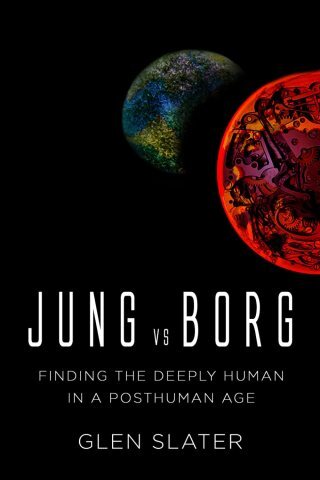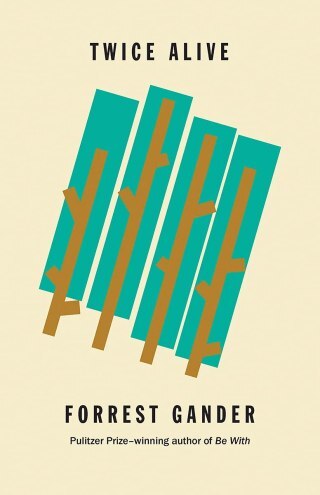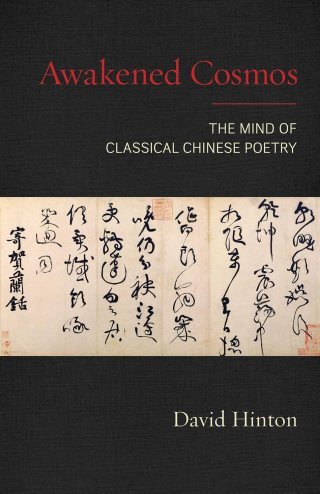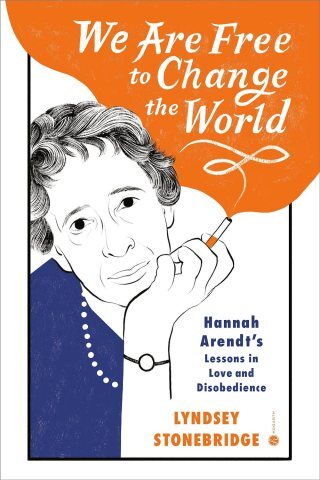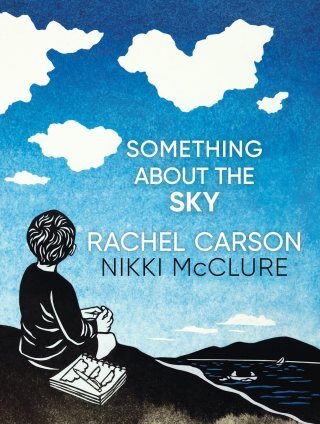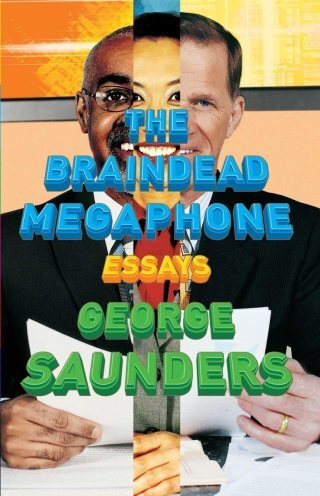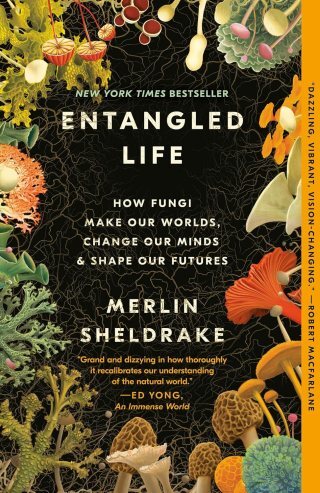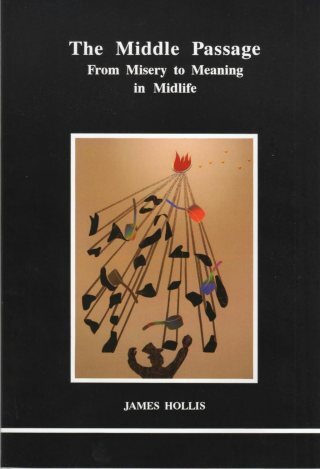Maria Popova's Blog, page 26
March 29, 2024
Between Psyche and Cyborg: Carl Jung’s Legacy and the Countercultural Courage to Reclaim the Deeply Human in a Posthuman Age
“To be a human being among people and to remain one forever, no matter in what circumstances… that’s what life is all about, that’s its task,” the young Dostoyevsky exulted in a letter to his brother just after his death sentence was repealed — death, that great clarifying force for what it means to be alive, what the stakes and sanctities of living are.
In the two centurie...
March 27, 2024
An Ecology of Intimacies
At its best, an intimate relationship is a symbiote of mutual nourishment — a portable ecosystem of interdependent growth, undergirded by a mycelial web of trust and tenderness. One is profoundly changed by it and yet becomes more purely oneself as projections give way to presence and complexes are composted into candid relation.
In his slender and splendid book Twice Alive (public library), poet, geologist, and translator Forrest Gander draws from the natural world a poetic “ecology of intimac...
March 22, 2024
Love Anyway
You know that the price of life is death, that the price of love is loss, and still you watch the golden afternoon light fall on a face you love, knowing that the light will soon fade, knowing that the loving face too will one day fade to indifference or bone, and you love anyway — because life is transient but possible, because love alone bridges the impossible and the eternal.
I think about this and a passage from Louise Erdrich’s 2005 novel The Painted Drum (public library) flits across the ...
March 21, 2024
Awakened Cosmos: Poetry as Spiritual Practice
“Every atom belonging to me as good belongs to you,” wrote Whitman, who called himself a kosmos and believed of “the true poems” that “whom they take they take into space to behold the birth of stars.”
Shortly after Whitman returned his borrowed stardust to the universe, when quantum mechanics made it impossible to take seriously the image of the atom as a miniature solar system of electrons orbiting a nucleus but no one yet knew what image to replace...
March 15, 2024
We Are Free to Change the World: Hannah Arendt, the Power of Defiant Goodwill, and the Art of Beginning Afresh
“We speak of four fundamental forces,” a physicist recently said to me, “but I believe there are only two: good and evil” — a startling assertion coming from a scientist. Beneath it pulsates the sensitive recognition that it is precisely because free will is so uncomfortably at ...
March 13, 2024
Something About the Sky: Rachel Carson’s Lost Serenade to the Science of the Clouds, Found and Illustrated by Artist Nikki McClure
A version of this essay appeared in The New York Times Book Review.
A cloud is a spell against indifference, an emblem of the water cycle that makes this planet a living world capable of trees and tenderness, a great cosmic gasp at the improbability that such a world exists, that across the cold expanse of spacetime strewn with billions upon billions of other star systems, there is nothing like it as far as we yet know.
Clouds are almost as old as this world, born when primordial volcanos first...
March 11, 2024
George Saunders on How to Live an Unregretting Life
The price we pay for being children of chance, born of a billion bright improbabilities that prevailed over the staggering odds of nothingness and eternal night, is the admission of our total cosmic helplessness. We have various coping mechanisms for it — prayer, violence, routine...
March 9, 2024
Cordyceps, the Carpenter Ant, and the Boundaries of the Self: The Strange Science of Zombie Fungi
“The mind is its own place,” Milton wrote in Paradise Lost, “and in it self can make a Heav’n of Hell, a Hell of Heav’n.” While this is psychologically true — the mind is, after all, how consciousness renders reality — it is not always physiologically true: The brain and body out of which the mind arises are a physical system, contiguous with every physical force and proc...
March 6, 2024
Moonlight and the Magic of the Unnecessary
Every night, for every human being that ever was and ever will be, the Moon rises to remind us how improbably lucky we are, each of its craters a monument of the odds we prevailed against to exist, a reliquary of the violent collisions that forged our rocky planet lush with life and tore from its body our only satellite with its miraculous proportions that render randomness too small a word — exactly 400 times smaller than the Sun and exactly 400 times closer to Earth, so that each time it passe...
March 3, 2024
The Middle Passage: A Jungian Field Guide to Finding Meaning and Transformation in Midlife
“In the middle of the journey of our life I found myself within a dark woods where the straight way was lost,” Dante wrote in the Inferno. “The perilous time for the most highly gifted is not youth,” the visionary Elizabeth Peabody cautioned half a millennium later as she considered the art of self-renewal, “the perilous season is middle age.”
In The Middle Passage: From Misery to Meaning in Midlife (public library), Jungian analyst James Hollis offers a torch for turning the perilous darkness ...

